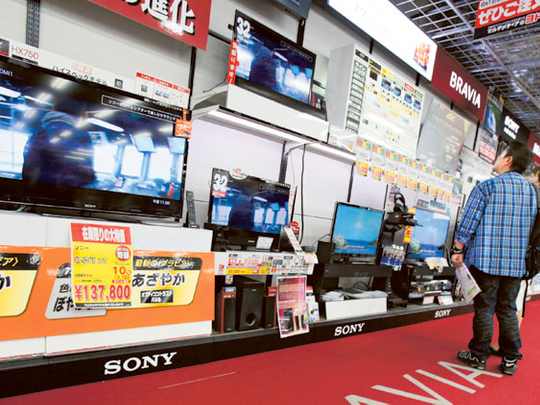
London: The recovery trend in the global commercial property sector is expected to persist during the second quarter of 2013, with a progressive increase in both, occupier and investment demand, led once again by a performing retail sector.
The “Rics Global Commercial Property Survey” provides further evidence of a sustainable strengthening in the region’s economy, as tenant demand increased during the first quarter of 2013 for its fifth consecutive quarter and respondents expect rents to rise by around 5 per cent in the coming quarter.
While availability of retail space has not dampened rental expectations, with rents expected to rise in particular for “prime” retail space, once again, the largest supply overhang remains in the office sector, with vacancy rates hovering around the 30 per cent mark in Dubai. Furthermore, development starts continued to rebound after some gloomy years post the recession, with starts rising at a quicker pace this year than in the previous quarters.
The investment market also recorded strong positive results, with investment transactions rising and capital values on a recovery path. Significantly, the flow of distressed assets coming top the market has stabilised in recent quarters and this is expected to continue.
In other parts of the world, sentiment towards real estate markets generally remains positive away from the euro area and CEE. Respondents to the Q1-13 survey are particularly upbeat about the prospects for much of Asia and North America.
Rent expectations
Globally, as has been the case with previous surveys, the numbers suggest that the investment market is continuing to run ahead of the occupier market. This is despite continuing issues relating to the provision of bank finance to support the acquisition of commercial property in some regions.
On the occupier side, rent expectations are particularly positive in Canada, Russia and Japan with strong readings also being recorded in China, Hong Kong, the US and Germany. Although the euro area and CEE are predictably responsible for the most disappointing results, these are no longer confined to what might be seen as the continent’s periphery with respondents in both France and the Netherlands downbeat about the prospects for rents.
This is also reflected in the supply of distressed assets which is likely to be most pronounced; countries from this region populate the top 12 positions in our monitor.
One notable story is the more positive mood in Japan, which appears to be running a little ahead of the macro news but reflects, in part, the dramatic shift in government policy over the past few months.
Brazil again saw weaker results on the occupier side. This follows a remarkably strong and consistent period of gains in both rents and capital values and reflects the sharp slowdown in the economy.
Sentiment in the Hong Kong investment market also appears to be cooling in the face of the government’s recent announcement on stamp duty.
The writer is the chief economist at RICS (Royal Institution of Chartered Surveyors)











